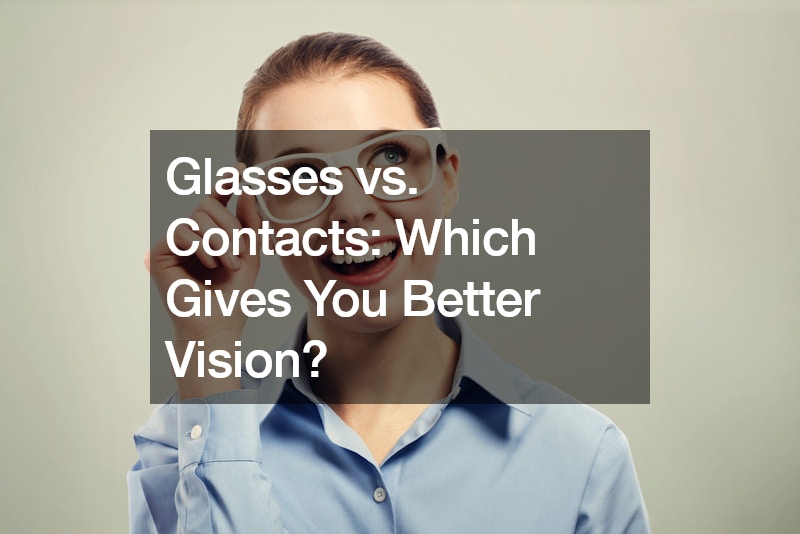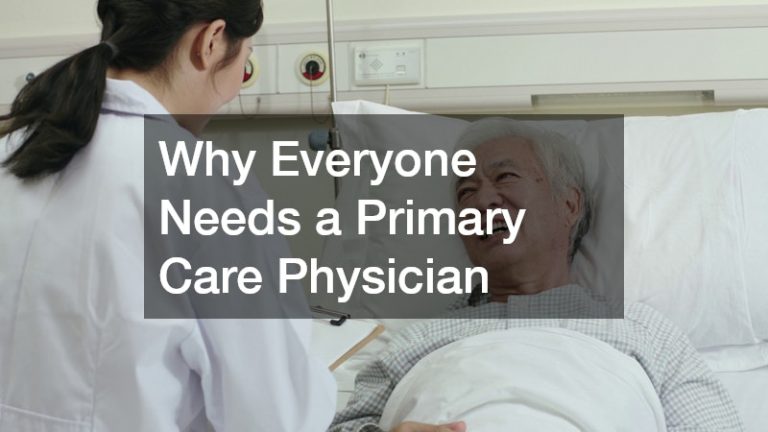

When it comes to vision correction, the age-old debate between glasses and contact lenses continues to divide opinions. Each option offers its unique set of benefits and drawbacks, making the choice a matter of personal preference and individual needs. In this comprehensive guide, we’ll delve into the pros and cons of glasses versus contact lenses, helping you determine which option might provide better vision for you.
The Benefits of Glasses:
Glasses have long been a staple in vision correction, offering several advantages appreciated by millions worldwide. Firstly, the ease of use – being able to effortlessly put on and take off glasses makes them convenient for individuals who prefer minimal maintenance.
Additionally, glasses boast exceptional optical quality, providing clear and sharp vision, especially with high-quality lenses.
Another notable benefit of glasses is the extensive customization options available. From selecting frames that suit your style to choosing specialized lenses for specific vision needs like bifocals or prisms, glasses offer unparalleled flexibility in meeting individual requirements. Moreover, glasses can accommodate various eye conditions, such as astigmatism or presbyopia, making them a versatile choice for many.
In terms of cost, glasses come in a wide price range, catering to different budgets. Whether opting for budget-friendly options or indulging in luxury designer frames, there’s a pair of glasses to suit every preference and financial consideration.
The Advantages of Contact Lenses:
While glasses hold undeniable appeal, contact lenses offer a different set of advantages that appeal to many wearers. One of the most significant benefits is the freedom they provide from wearing anything on the face. Contact lenses are ideal for individuals engaged in sports or other physical activities where glasses may be cumbersome or restrictive.
Moreover, contact lenses allow for seamless integration with non-prescription sunglasses, offering wearers the freedom to choose from a wide range of stylish eyewear options. Additionally, contact lenses minimize the prismatic effect experienced with glasses, reducing motion sickness and distortions in vision.
For those with specific vision needs, such as high prescriptions or corneal irregularities, contact lenses offer specialized options like rigid gas permeable (GP) lenses or scleral lenses, which can provide superior vision correction compared to glasses.
Considerations for Choosing:
When deciding between glasses and contact lenses, several factors come into play. One crucial aspect is the difference in the power of lenses between the two options. Glasses lenses sit at a distance from the eye, necessitating adjustments to account for the change in power when transitioning to contact lenses. This adjustment is made based on factors like the power of your glasses and where they typically sit on your face.
Cost is another consideration, with both glasses and contact lenses available at varying price points. While glasses may offer more affordable options, contact lenses range from basic to premium, depending on factors like technology and comfort.
However, it’s essential to recognize that contact lenses carry a higher risk of eye complications and infections, requiring diligent care and adherence to proper hygiene practices. Regular contact lens exams are crucial to ensure the health and safety of your eyes, providing an opportunity to assess fit, prescription accuracy, and overall eye health.
Eye Health Maintenance
Maintaining optimal eye health is essential for overall well-being, and regular eye exams play a crucial role in achieving this goal. These exams, conducted by qualified eye care professionals, assess various aspects of vision and eye health, helping to detect potential issues early and prevent vision problems.
During a comprehensive eye exam, the optometrist or ophthalmologist evaluates not only visual acuity but also checks for signs of eye diseases and conditions such as glaucoma, cataracts, macular degeneration, and diabetic retinopathy. These screenings are especially important as many eye diseases do not present symptoms in their early stages, making early detection through exams critical for timely treatment and preserving vision.
Proper eyewear hygiene is another aspect of eye health maintenance emphasized during eye exams. Eye care professionals educate patients on the importance of regularly cleaning and disinfecting glasses or contact lenses to prevent eye infections and discomfort. They may also provide guidance on handling and storing eyewear correctly to prolong its lifespan and maintain its effectiveness.
Additionally, eye exams offer an opportunity to discuss lifestyle factors that can impact eye health. Optometrists and ophthalmologists may inquire about patients’ daily activities, screen time habits, exposure to environmental factors like UV radiation and blue light, and overall health history. By understanding these factors, eye care professionals can tailor recommendations for vision correction and eye protection to suit each individual’s needs and lifestyle.
Conclusion:
In the ongoing debate between glasses and contact lenses, there is no definitive answer as to which option provides better vision. Both glasses and contacts offer unique benefits and drawbacks, and the decision ultimately depends on individual preferences, lifestyle, and vision needs.
Whether you opt for the classic appeal of glasses or the freedom and flexibility of contact lenses, it’s essential to prioritize your eye health. Regular visits to an optometrist for comprehensive eye exams and contact lens evaluations are crucial for maintaining optimal vision and ensuring the safety and comfort of your eyes. So, whether you’re team glasses or team contacts, make informed decisions and prioritize your vision health above all else.
.



